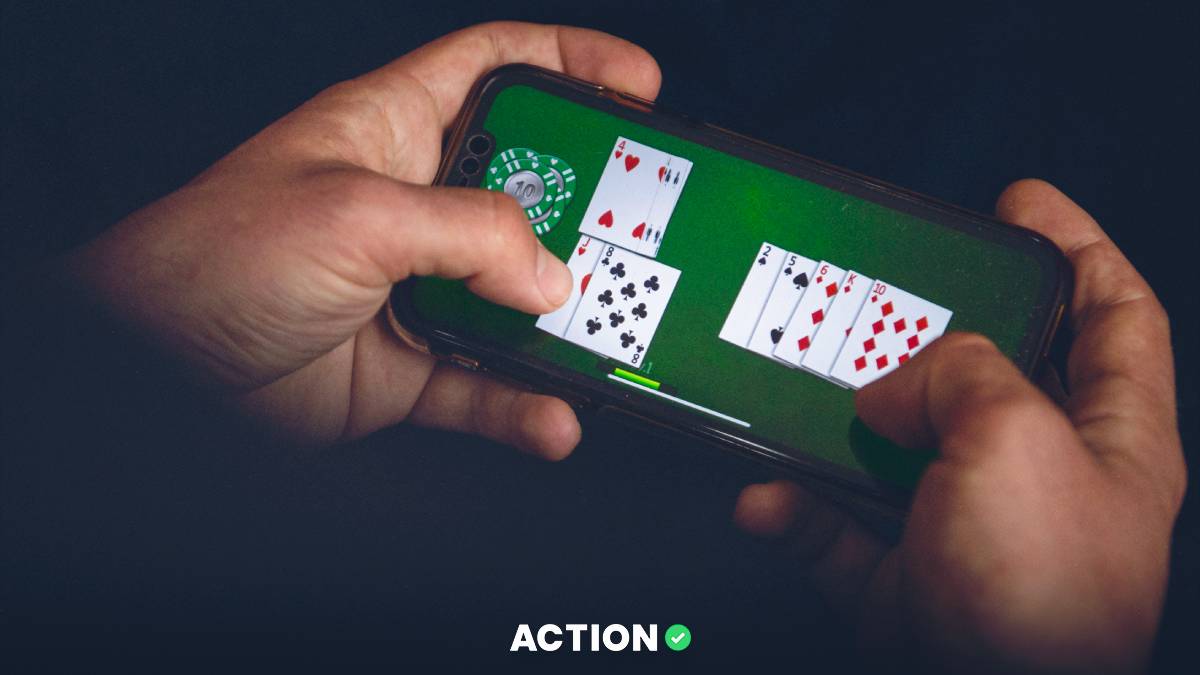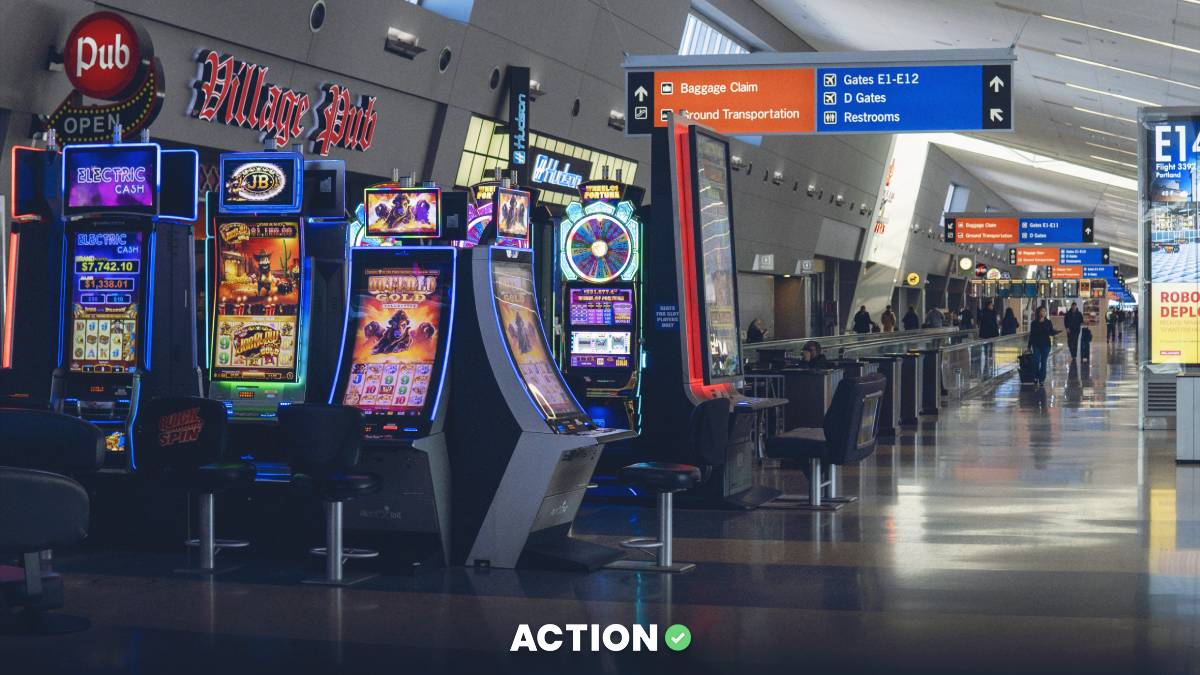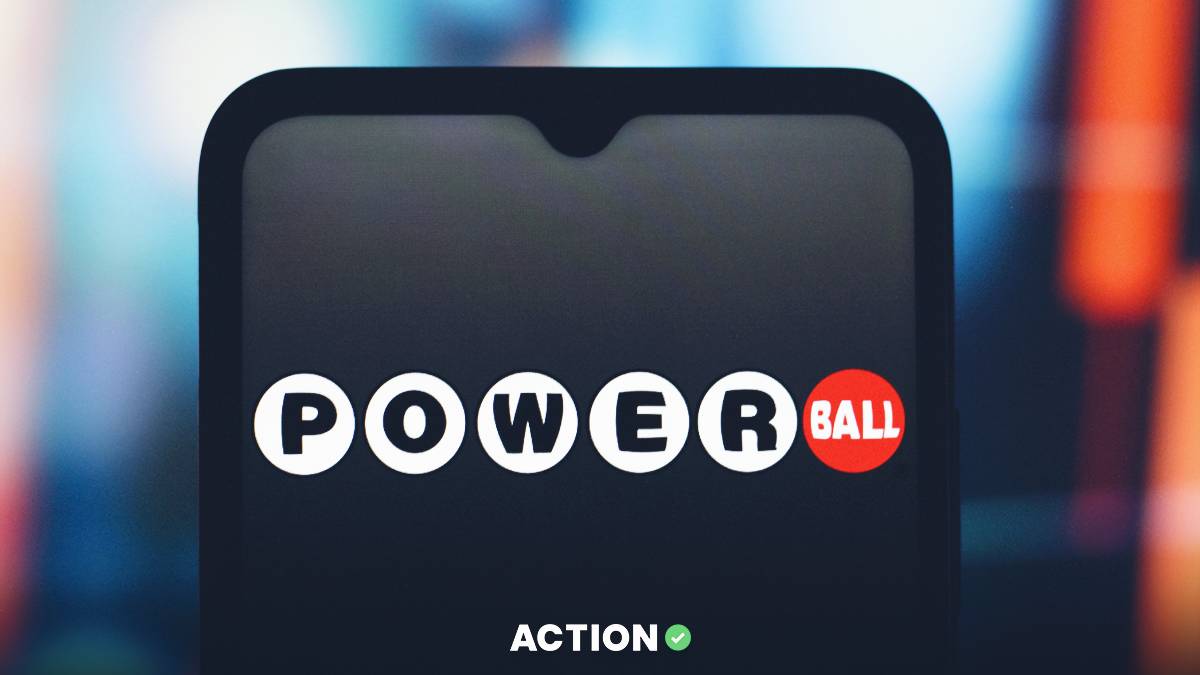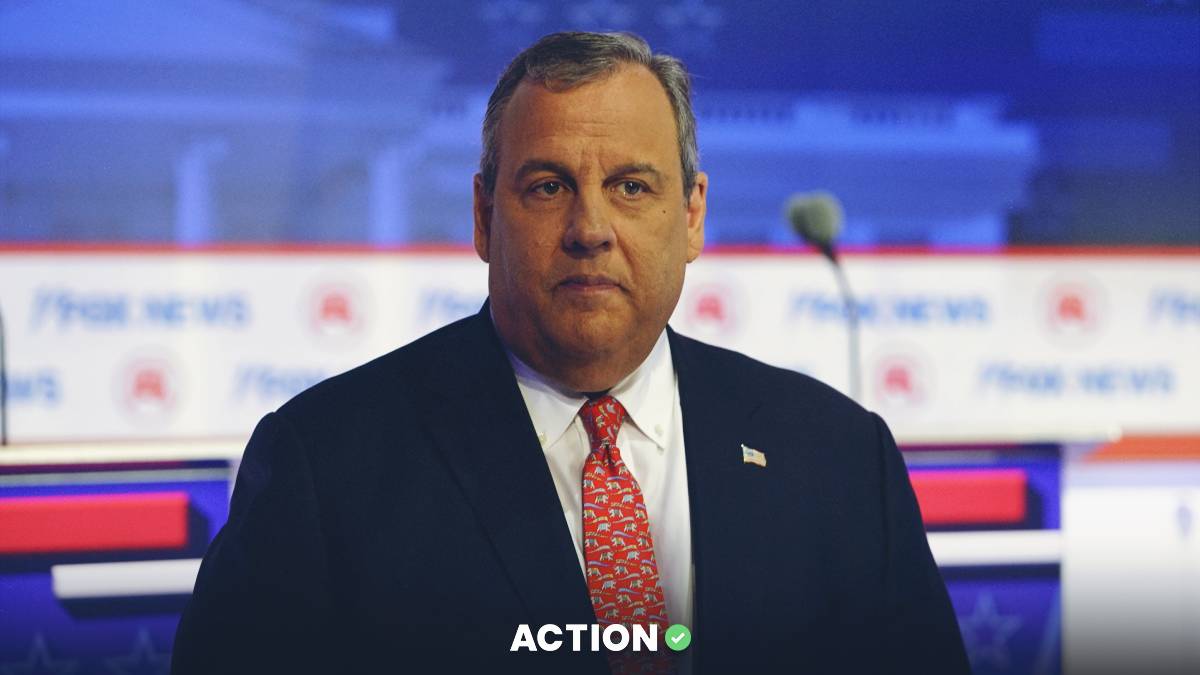Ahead of their winter meetings in New Orleans in a couple of weeks, the National Council of Legislators from Gaming States (NCLGS) is already making news.
The only organization of state lawmakers that meets regularly to discuss issues regarding gaming has released the long-awaited draft of its Model Internet Gaming Act (MIGA) and is asking the public for feedback.
MIGA will act as a guide for state legislators who want to legalize online casino gaming in the future. It could potentially speed up the process, improve the chances of success, and create more uniform regulations across different states.
This model of legislation can be used to create a strong and efficient regulatory system that aligns with public policy. Its goal is to build public confidence and trust in both the regulatory process and the fairness of internet gaming operations. The regulations will strictly oversee all parts of internet gaming activities.
NCLGS will vote on the model at the beginning of 2025 after the public can comment until December 31. Legislators can still use the draft model if they want to introduce an iGaming bill in the upcoming year.
MIGA Draft Built on 12 Key Principles
The NCLGS says that the MIGA draft is based on the following key principles:
- The state aims to implement iGaming in a way that supports existing casinos and racinos, without harming them.
- iGaming should be strictly regulated to gain public trust, reduce illegal gaming, and generate new state revenue. A detailed licensing system is needed.
- A Gaming Regulatory Authority will regulate internet gaming. It will operate independently, managing licenses, supervision, and oversight to ensure honest gaming free from crime. If a state already has a gaming authority, it should oversee iGaming.
- Any unauthorized internet gaming is illegal and will face penalties.
- Gaming regulators must enforce rules on patron identification, anti-money laundering, and customer verification. Internet gaming operators and vendors must follow these rules to keep their licenses.
- Manufacturers and suppliers of gaming equipment and software, along with their affiliates and content providers, must obtain licenses as required by the Regulatory Authority.
- iGaming operators must provide excellent customer care and promote responsible gaming to obtain and keep their licenses. The Regulatory Authority will set responsible gaming standards and work on best practices across states.
- States should set a tax rate for internet gaming that maximizes revenue and remains competitive. A recommended tax rate is between 15% and 25%. This rate should support technological growth without restricting market participation.
- States should encourage diverse suppliers, including minority-, women-, and veteran-owned businesses, to participate in the iGaming industry. This includes owning gaming entities or providing goods and services to operators.
- The Gaming Regulatory Authority must apply licensing standards fairly and consistently, without arbitrary actions, based on this legislation.
- Internet lottery games can still be sold by authorized lottery agencies.
- This legislation does not regulate tribal gaming, which follows the Indian Gaming Regulatory Act and state agreements.
Stricter Regulations Proposed by NCLGS
NCLGS lawmakers proposed stricter rules for iGaming than many states currently have, including:
- Limit individual deposits to $20,000 within 24 hours.
- Stop people from using credit cards to fund iGaming accounts.
- Set up a Player Health Program to raise awareness about problem gambling.
- Forbid advertising on college campuses.
- Ban the use of "risk-free" language in advertising.
Nine lawmakers from nine different states worked together to develop the requirements. Now it’s up to the public to provide feedback, before the NCLGS votes on the model legislation, presumably, in January.










